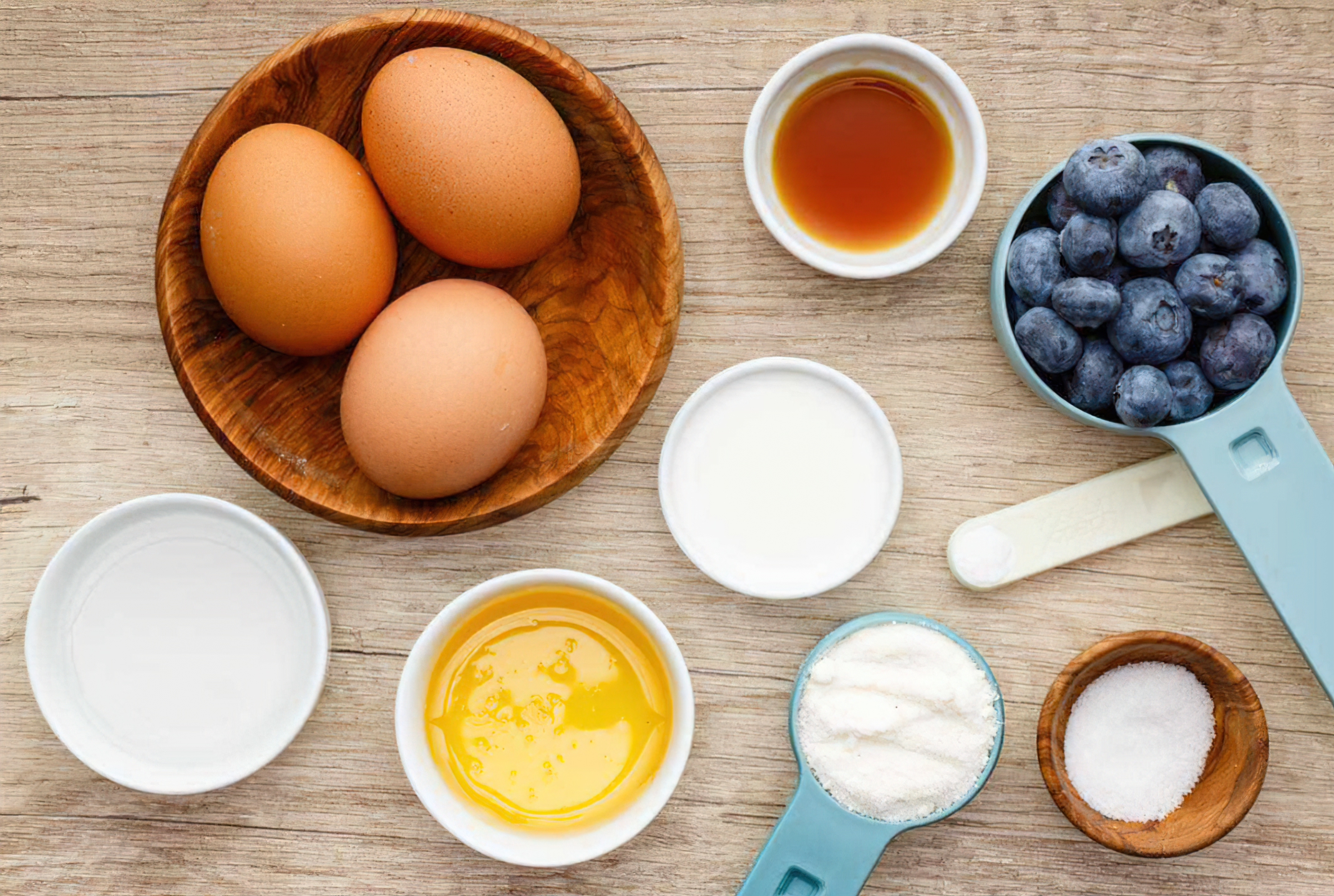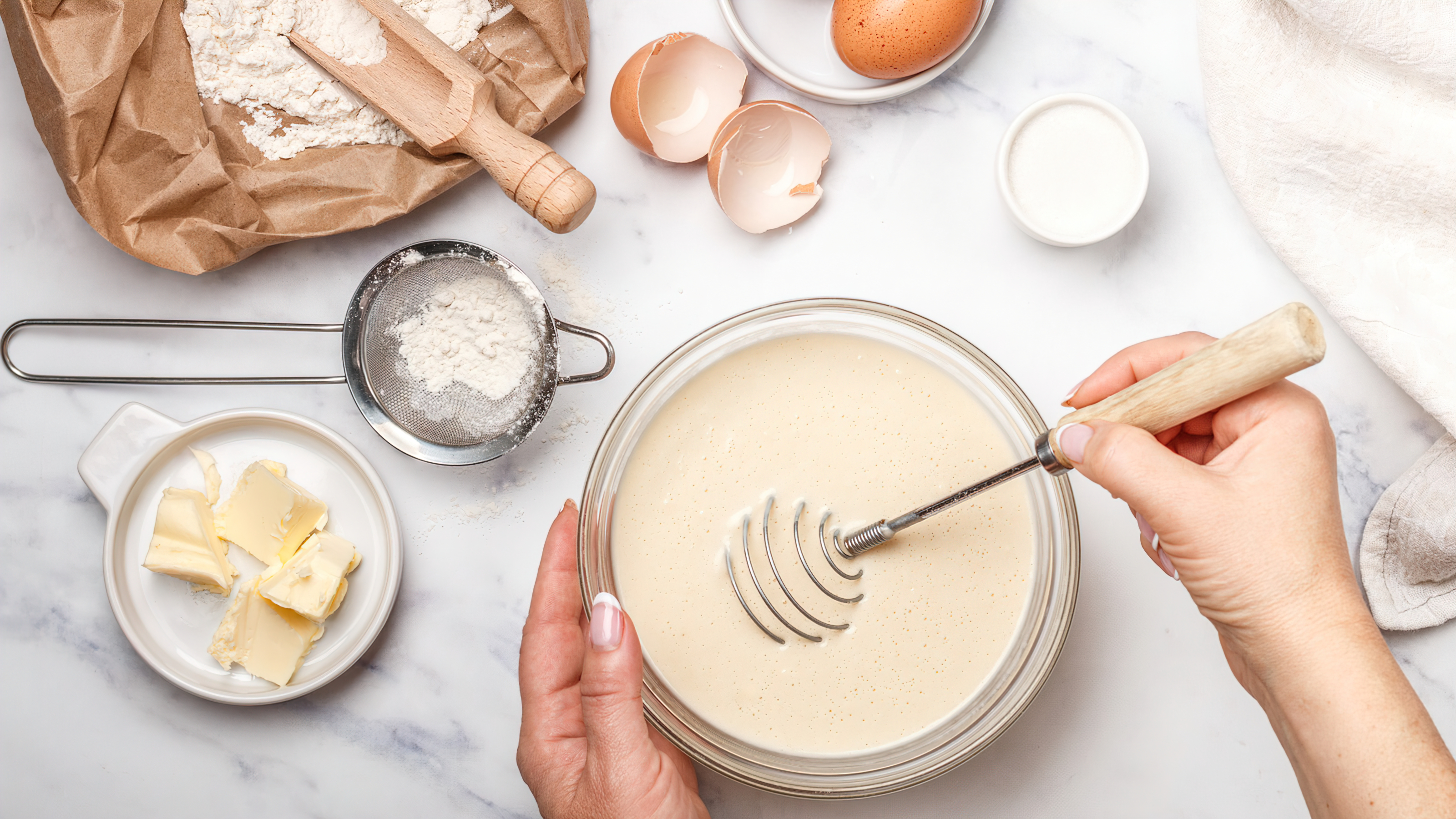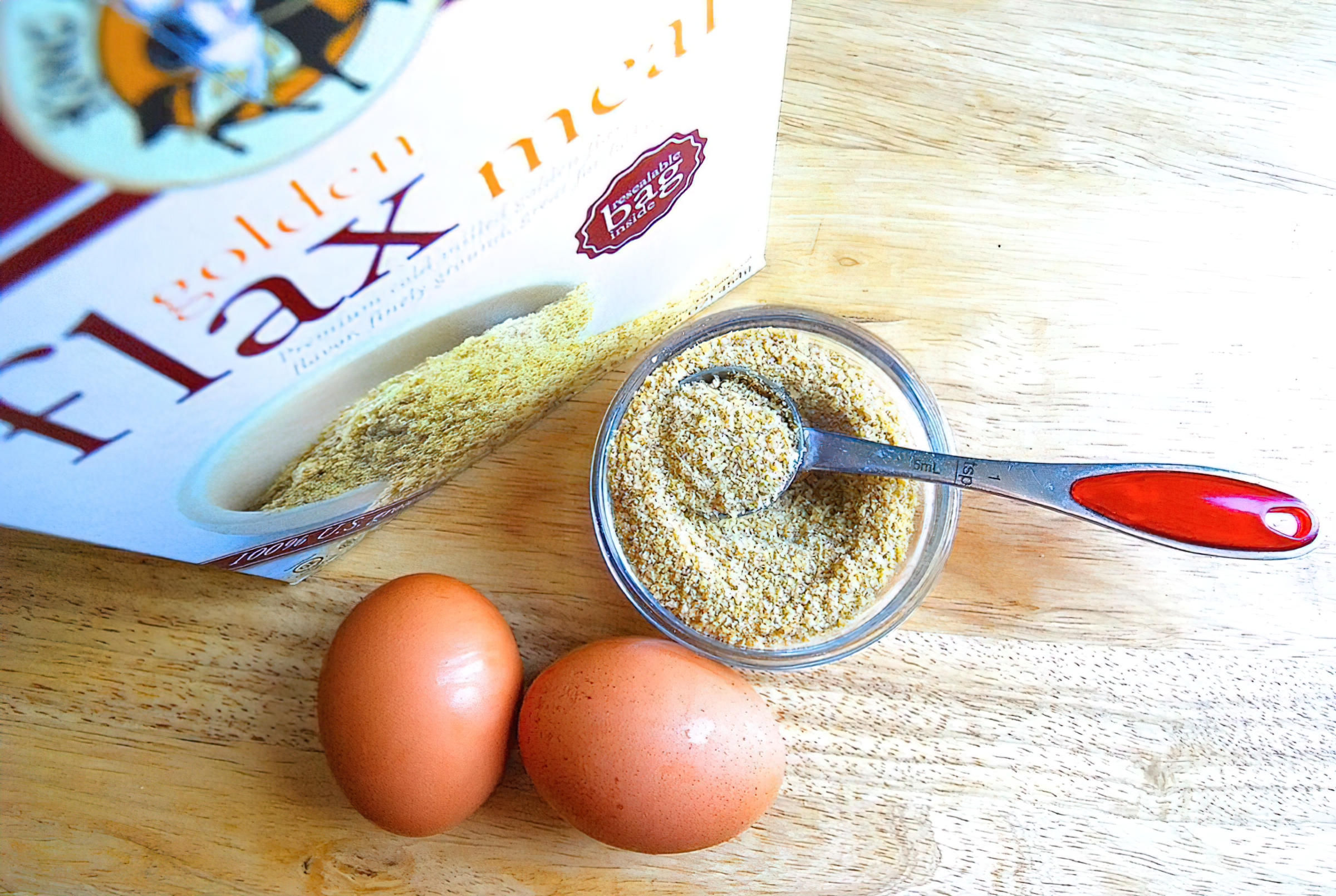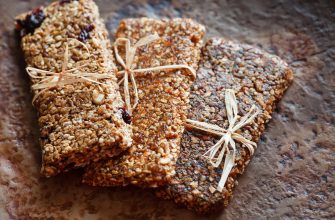Understanding Egg Replacements in Baking
If you’re a vegetarian or someone who’s sensitive to eggs, baking might seem challenging. However, the truth is, with a little creativity and knowledge, you can create delicious baked goods without eggs.
Why Substitute Eggs in Baking?
Eggs play a vital role in traditional baking. They bind ingredients together, provide moisture, and help baked goods rise. However, for vegetarians, vegans, or those with allergies, eggs are often off the menu. Luckily, several alternatives work just as well.
Exploring Egg Alternatives
Many egg replacements are already in your pantry. The key is understanding the purpose the egg serves in your recipe. Is it a binder, a leavening agent, or for moisture? Once you know, you can choose a suitable substitute.
Common Egg Substitutes
- Applesauce: It’s great for adding moisture. Use 1/4 cup unsweetened applesauce to replace one egg in most baking recipes.
- Banana: Like applesauce, a ripe mashed banana (1/4 cup) can replace one egg. It’s perfect for sweet, moist baked goods like muffins and bread.
- Flaxseeds or Chia seeds: Mixed with water, they create a gelatinous mixture. Use 1 tablespoon of ground flax or chia seeds and 3 tablespoons of water to replace one egg.
- Yogurt or Buttermilk: Both can bind ingredients and provide moisture. Use 1/4 cup to replace one egg.
- Vinegar & Baking Soda: Combine to make a great leavening agent. Use one tablespoon of vinegar with one teaspoon of baking soda to replace one egg.
Tips for Baking with Egg Replacements
While egg replacements can be effective, they may alter the taste or texture of your baked goods. So, it’s essential to experiment to find what works best for your recipe. Always start with less, as you can always add more if needed.
Commercial Egg Replacements
If you don’t have the time or the inclination to make your own egg substitutes, there are plenty of commercial options available. These are typically made from potato and tapioca starch, and they’re excellent for providing structure to your baked goods. Use them according to the package instructions.
Egg Substitutes in Different Recipes
It’s important to note that not all egg substitutes will work in every recipe. For instance, fruit purées work great in cakes and muffins, but they may not work as well in cookies. On the other hand, vinegar and baking soda can be great in cookies and cakes, but may not be suitable for other recipes. Understanding the role of eggs in your particular recipe will help guide your choice of replacement.
Egg Replacements in Vegan Baking
For vegans, egg replacements are crucial. The good news is, many egg substitutes are vegan-friendly. In addition to the options already mentioned, silken tofu can also be used. Use 1/4 cup of puréed silken tofu to replace one egg. It’s best used in brownies and other dense, moist cakes and pies.
Adapting Recipes to Egg Replacements
While it’s possible to substitute eggs in most recipes, some might need a little tweaking. For example, if you’re making a cake with applesauce instead of eggs, you might need to reduce the amount of sugar, as applesauce can add sweetness. Similarly, if a recipe feels too dry with a certain egg substitute, try adding a little more liquid.
Conclusion
Baking without eggs doesn’t have to be a daunting task. With a bit of creativity and the willingness to experiment, you can create delicious baked goods that everyone can enjoy. Whether you’re baking for dietary reasons or personal preference, there’s an egg substitute out there that can make your recipes shine. Happy baking!
